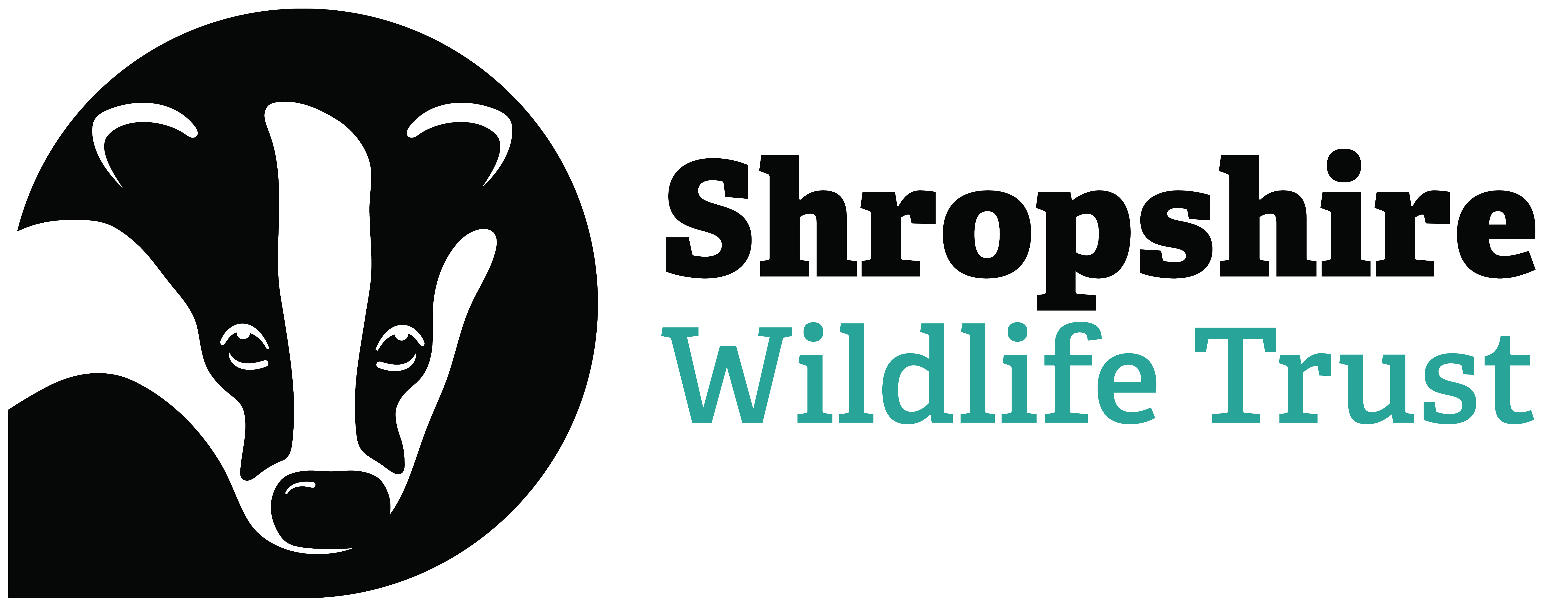What is Love Your Magnificent Severn?
Love Your Magnificent Severn is an annual campaign that highlights the huge quantities of litter that can be found in our rivers and the threat it has on our water quality and wildlife. It is estimated that over 80% of plastic waste enters our oceans via rivers, which equates to a staggering 8 million tons of plastic a year. This is the same as emptying a rubbish truck into the ocean every minute.
Litter includes everything from chewing gum to building waste but the most common type of litter is plastic. The three ways it enters our rivers is by throwing it in the bin instead of recycling, littering on our streets and motorways and by products going down the drain such as sanitary towels, wet wipes and microfibers from cosmetic products.
As part of our campaign and in recognition of these stats, the Rivers Team will be embarking on a 3 day canoe trip beginning in Shrewsbury and finishing in Bridgnorth. The aim of this journey will be to use canoes and coracles (which we have made ourselves!) to retrieve litter from the River Severn whilst recording everything we take out. Last year we recorded over 5,000 pieces of litter and this year we are interested in seeing if we get more or less. Once we are able to compare this year’s records to 2018 records we will be able to establish litter hotspots and better be able to tackle the issue of litter entering our Rivers.










